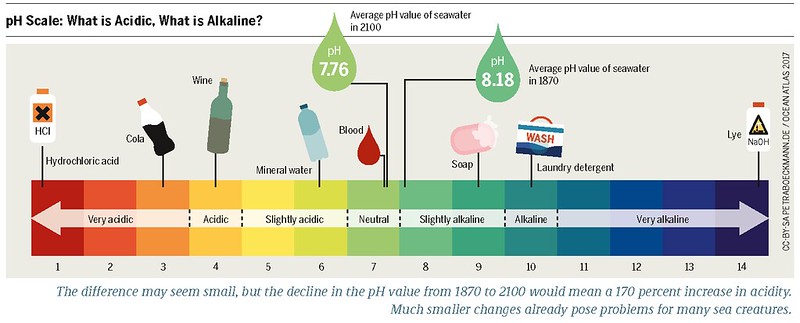The pH value of coffee with cream and sugar can range from approximately 6.26 to 6.75, depending on the specific type of coffee, creamer, and sugar used. Black coffee typically has a pH of 4.5 to 5.0, while cream has a pH of 6.7 to 6.8. The addition of cream to coffee brings the pH closer to neutral, as cream contains milk proteins that help buffer acidic solutions. However, adding sugar, artificial sweeteners, or other additives can increase the acidity of the coffee, as sugar itself has a pH of around 5.0 to 7.0.
Balancing the pH of Coffee with Cream and Sugar
When it comes to balancing the pH of coffee with cream and sugar, consider the following tips:
- Choose a Low-Acid Coffee: Look for coffee beans that are naturally low in acidity, as these will have a higher pH value. Higher Grounds Trading suggests finding a lower-grown coffee with naturally low acidity, rather than treating beans with antacid compounds or dark roasting them to reduce acidity.
- Use a pH-Neutral Creamer: Opt for a creamer with a pH closer to neutral, such as Coffee-Mate The Original, which has a pH of 6.75.
- Limit Sugar Consumption: Reduce the amount of sugar added to your coffee, or consider using natural sweeteners like honey or maple syrup, which have a higher pH value than refined sugar.
Contaminants, Chemicals, and Substances in Coffee with Cream and Sugar
Contaminants, chemicals, and substances present in coffee with cream and sugar can include:
- Acids: Coffee naturally contains acids, which can contribute to its characteristic taste. However, excessive acidity can lead to stomach discomfort for some individuals.
- Milk Proteins: The addition of cream to coffee introduces milk proteins, which can help buffer acidic solutions and bring the pH closer to neutral.
- Sugars: Added sugars, artificial sweeteners, or sweeteners derived from sugar alcohols can lower the pH value of coffee, increasing its acidity.
- Artificial Ingredients: Some creamers and flavorings may contain artificial ingredients, such as corn syrup solids and hydrogenated oils, which can have a negative impact on health.
Dealing with Contaminants and Substances
To deal with these substances, consider the following alternatives and solutions:
- Choose Organic, Shade-Grown Coffee: These beans tend to be lower in acidity and may contain fewer pesticides and other contaminants.
- Experiment with Plant-Based Creamers: Almond milk, coconut milk, or other plant-based creamers can provide a neutral or slightly alkaline alternative to traditional dairy creamers.
- Use Natural Sweeteners: Honey, maple syrup, or stevia can provide a sweet taste without the acidity of refined sugar.
- Consider an Alkalizing Coffee Creamer: Products like Acid-Kicking Coffee Creamer, which contains plant-based fats, acid-fighting minerals, and enzymes, can help neutralize the acidity of coffee and provide health benefits.
By following these tips and making informed choices about the ingredients in your coffee with cream and sugar, you can enjoy a delicious and pH-balanced beverage that is gentle on your digestive system.
References:
- Does creamer neutralize the acid in coffee? – Quora
- The Least Acidic Coffee Choices You Can Make – Alkamind
- pH values of Common Beverages – New Albany Smiles
- Milk in your coffee : r/chemistry – Reddit
- Coffee Acidity: The Science and the Experience – Higher Grounds Trading
- What Cream and Sugar Does to Coffee – Greenwell Farms

